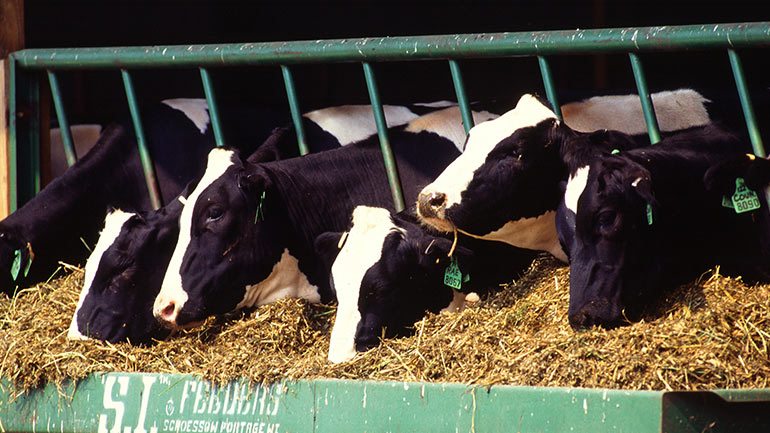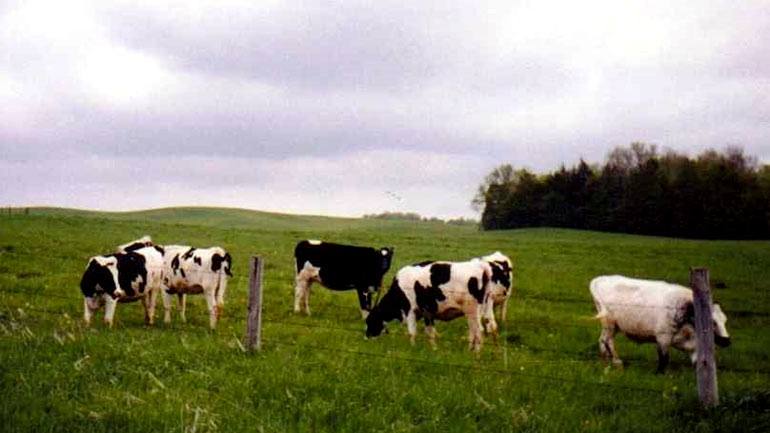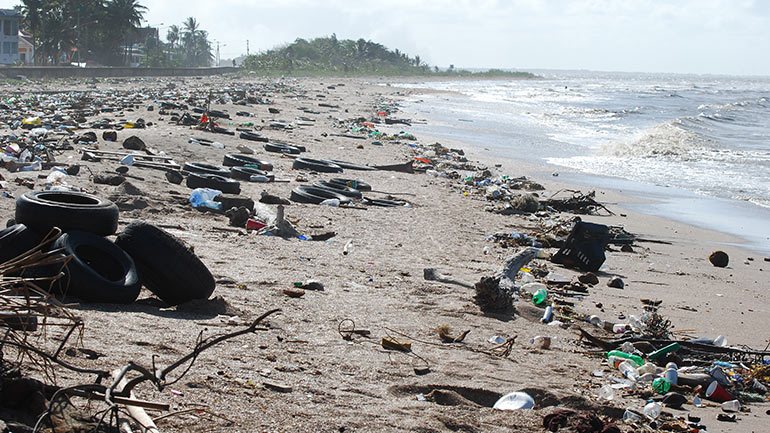“Too Much Protein Is Hurting Your Health.” That was a headline that recently ran in a national newspaper.
It seems that every time I turn on the TV or pick up a magazine lately, the “experts” are telling me that a high-protein diet is dangerous and causes more harm than good.
The list of health problems “they” say are connected to a high-protein diet is long and includes weight gain and excess body fat, cancer, diabetes, kidney damage, heart disease, osteoarthritis and more.1,2,3
But a protein-based diet is what our primal ancestors ate. Their whole culture was built around hunting for and eating meat. And they never suffered from the diseases that affect us today.
Let me explain why protein is so good for you.
A diet high in protein helps to:
- Add lean muscle mass and boost metabolism
- Increase energy
- Balance hormones
- Improve libido
- Sharpen memory
But there is a problem with a lot of the protein that’s available today. Let me explain.
Today’s toxic food supply
Today’s meat, poultry, and fish is nothing like the pure, whole foods our ancestors ate. Our toxic environment has contaminated our food supply.
Food safety is a serious public health issue. One out of six Americans gets sick from eating contaminated food each year. More than 100,000 end up in the hospital.4
Most beef in your grocery store comes from sick cows.
For food manufacturers, a bigger cow equals bigger profits. To increase the size of cattle and to get them to the slaughterhouse faster, manufacturers inject the animals with growth hormones. These hormones show up in the meat you feed your family. Japan, Canada, Australia, and the European Union have banned these hormones but the U.S. still allows them.
To further fatten them up, cattle are also fed an unnatural diet of grain, especially corn. A cow’s digestive system evolved around eating grass. Grain is so unnatural that it makes the animals sick. To counter this problem, the cows are pumped full of antibiotics.
Try to avoid this meat at all costs. Instead, choose grass-fed beef from cattle that were allowed to graze in open fields. The meat from grass-fed cattle is pure and full of the protein, vitamins, and nutrients you need to thrive.
And if you’re still worried that eating meat will drive up your cholesterol, it won’t.
A large-scale study found that including lean meat in your diet helps reduce cholesterol levels. And it doesn’t matter whether it was white meat or red meat. Both lowered LDL cholesterol and raised good HDL cholesterol.5
Fish is one of the healthiest high-protein foods you can eat
But only if you know where your fish comes from.
Unfortunately, most of the fish sold today is full of toxins like mercury and PCBs. These contaminants come from factories, farms, plastics, and more. They make their way to the world’s oceans and are ingested by fish.
And if you think farm-raised fish are a safer option, I’m sorry to tell you that — with the rare exception — the opposite is true. Fish farming is a dirty, disgusting industry. The fish produced by most aquaculture farms are more contaminated than wild fish.
There are good options available, though. Seafood Watch, a nonprofit program to sustain healthy oceans, has a list of five of the best fish to eat.6 They include Atlantic mackerel, freshwater Coho salmon, Pacific sardines, wild-caught fresh Alaskan salmon, and canned wild-caught Alaskan salmon.
When shopping for high-quality fish, look for the following logos:
Alaska Seafood: Wild, Natural, Sustainable, MSC (Marine Stewardship Council) for Wild-Caught Fish and BAP (Global Aquaculture Alliance Best Aquaculture Practices) for farmed fish.
Poultry is a perfect protein choice
However, chickens and turkeys are often infected with Salmonella, E. coli, and other bacteria. To kill these bacteria, some manufacturers soak their poultry in toxic chemicals.
To make sure your poultry is safe, look for these guidelines:
- Free range
- Certified organic
- Raised without antibiotics
- Certified humane raised and handled
To Your Good Health,
Al Sears, MD, CNS
References:
1. Enos D. “How Protein in Your Diet Affects Weight Gain.” Live Science. March 27, 2013.
2. Walton A. “Why High-Protein Diets May Be Linked to Cancer Risk.” Forbes. Mar 4, 2014.
3. Greger M. “Does Animal Protein Cause Osteoporosis?” NutritionFacts.org. July 31, 2014.
4. Hunninghake DB, Maki KC, Kwiterovich PO Jr, et al. Incorporation of lean red meat into a national cholesterol education program. step I diet: a long-Term, randomized clinical trial in free-living persons with hypercholesterolemia. J Am Coll Nutr. 2000;19(3): 351-60.
5. Mann N. Dietary lean red meat and human evolution. Eur J Nutr. 2000 Apr;39(2):71-9.
6. Seafood & Your Health. Monterey Bay Aquarium Seafood Watch.
Featured photo credit: wikimedia.org via upload.wikimedia.org















































